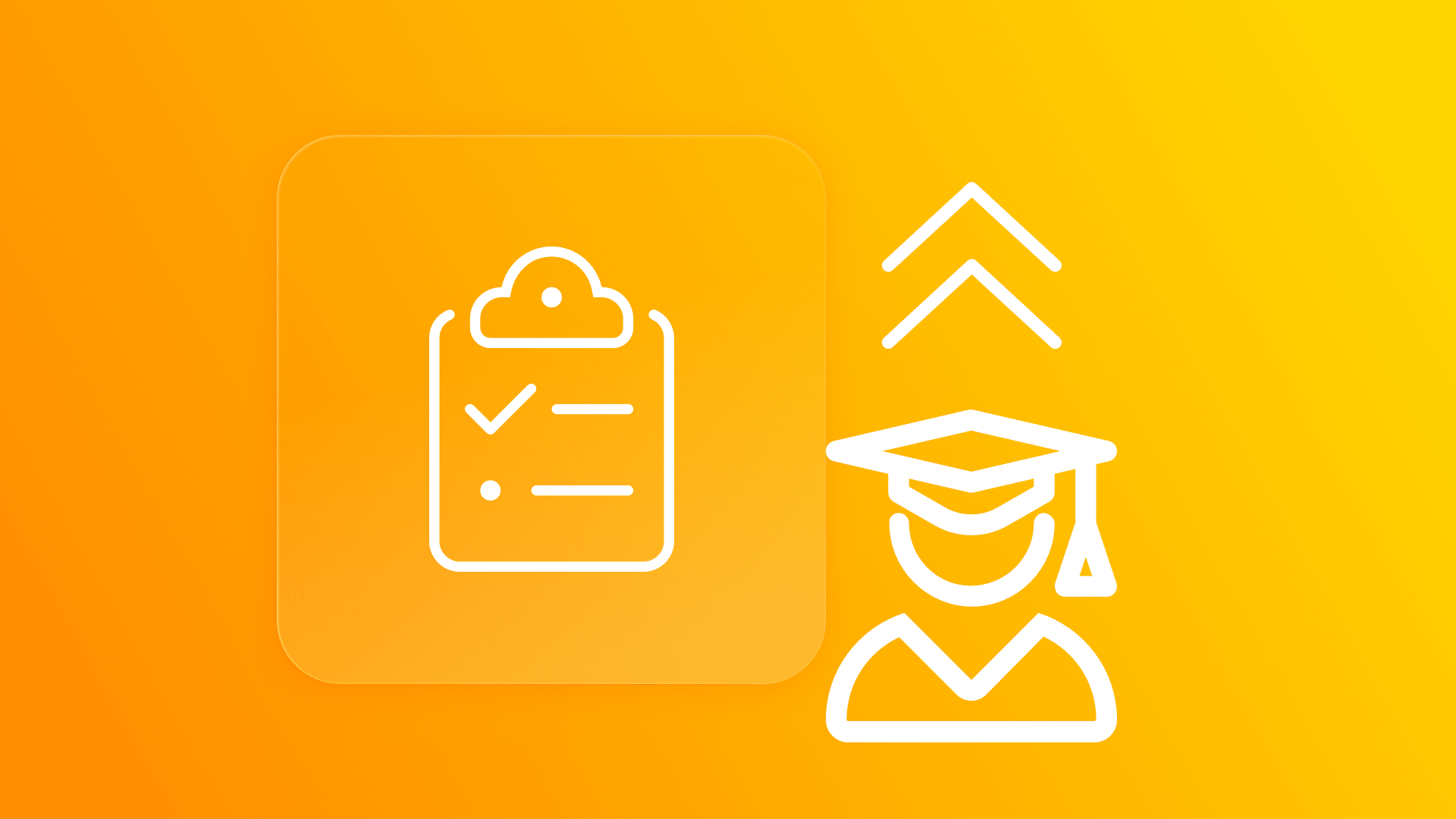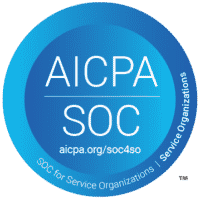Teaching evaluations are an undisputed component of quality management systems at universities. But do they also contribute to the further development of teaching? Is there a connection between “student satisfaction” and their learning success – because only the latter can be a meaningful goal of an evaluation of lectures, seminars or exercises? If you want to drive a quality student-centric teaching approach, online education surveys are certainly the way to go. It is essential to evaluate your educational system at every level and be effective in the way that teachers carry out their educational methods. Evaluating whether the course is benefitting to your students and if its impact was positive or negative helps you improve your teaching and makes it more likely the course or program will be recommended to other students from their peers as well. Motivating students to give their input and collecting vital information from their feedback takes your institution one step further to success and most importantly staying competitive in the educational landscape.
What are education surveys?
Evaluation serves to assess, secure and further develop the quality of teaching and studies. As a self-evaluation procedure, it forms the starting point for teachers to derive suitable measures in dialogue with students in order to further develop courses and degree programs. With an online education survey, you can gather feedback and opinions from learners and teachers and use the results to drive continuous improvement in a variety of educational settings. The aim of a course evaluation is to provide feedback for teachers on their course by students, who give their assessment of the content, structure and organisation as well as the workload and methodology of the course. With the help of the education surveys, the reflection and dialogue of teachers and students on teaching and teaching quality is enabled, stimulated and promoted.
Another important fact is that like any other organisation an educational institution is a business that needs to secure investment and needs to demonstrate its future success constantly to different stakeholders. The best way to do this is to design the student and learning experience as attractive as possible. Online survey questions certainly help you understand the areas that you need to improve on or change in the future.
Different types of education surveys
There are various types of education surveys that can be used to improve student satisfaction. Here is an overview of the most popular education surveys and how instructors, faculty and students can benefit from them:
- Course evaluation survey
- Student satisfaction
- Instructor evaluation
- Faculty survey
- Teacher and administrator satisfaction
- Alumni feedback
Course evaluation survey
The best way to find out if a course meets certain student needs and expectations is to evaluate it on a regular basis. Find out what goes on inside the classroom and get feedback on how course material was presented, what students think about the assignments: Do students think the instructor presented learning material in a clear and understandable way? Did the teacher offer guidance and help also outside of teaching hours? How fair was the grading and what went well in the classroom? Students have extensive daily contact with teachers, resulting in unique perspectives and ratings of teacher behaviors.They are direct recipients of instruction and have more experience with their teachers than other evaluators. So why not gather data from the best source out there? Asking students for feedback also supports a highly personalized student experience where students have the opportunity to shape their education themselves.
Student satisfaction survey:
Student feedback plays a central role in quality development in teaching and learning at various levels. Which experiences did the students have throughout their courses? What keeps them motivated and satisfied and what doesn´t? How does this influence their student success? How satisfied are they with the offerings at their institution and what would they change?(E.g. counseling services or guidance by instructors) And how comfortable do they feel in their classroom also regarding fellow students?
Faculty survey:
Faculty evaluation has been defined (Miller 1987) as either a process designed to improve faculty performance , or a procedure that assists in making personnel decisions. Evaluating the faculty helps identifying weaknesses and strengths, supports the definition of goals and strategies and generates measures to optimise and ensure quality.
Teacher and administrator satisfaction:
Are your teachers and teaching assistants as well as educational administrators happy with the work environment? Are they satisfied when it comes to benefits, compensation and career development? An anonymous online survey can provide your institution or faculty with valuable information about employee satisfaction and how likely they are to recommend the organisation to others.
Alumni feedback:
Qualification goals and contents of study programmes are regularly put to the test. The results of alumni surveys are a valuable instrument for programme directors to identify the need for adaptation. This way cou can get insights in how former students assess their studies at your institution from today’s perspective and how they see their professional and personal development since graduation.
Benefits of online education surveys
Carrying out online surveys on a regular basis for different audiences, gathering data and acting on it will help you improve educational outcomes for your students and your teaching staff. The most important benefits of online education surveys are the following:
Create seamless and outstanding learning experiences
Online surveys can help in improving learning experiences throughout all your educational programs. It doesn’t matter if it is primary or secondary school, community college, higher education or continuing education. The goal is the same: to improve course content, delivery, methods and processes. If educational surveys are embedded in the learning experience – even better. Students will be more likely to fill out a form if it doesn’t come with lots of paperwork and valuable time spent on it.
Get real time feedback
Student ratings are a valid and reliable data source. There is no faster and easier way to get instant response to your survey questions than online education surveys. Be aware though that students will respond with candid judgments only when they can be assured that survey results are anonymous. Online surveys can be helpful especially for those students who believe that their handwriting will be recognized.
Reduce course drop out rates
It goes without saying that evaluating teachers and courses on a regular basis enables your institution to see which areas need improvement. Working on course material, raising standards for teachers and students and breaking down barriers between students and educators can certainly help with reducing student drop-out rates over time.
Stay competitive and grow towards success
Increasing future student numbers, making the campus a safe and enjoyable place for students to learn and grow keeps you competitive in an ever changing educational landscape. What better way is there to monitor student and staff satisfaction than using online surveys? You give students a promise when they enroll with your institution – make sure you keep it!
Do you want to know more about how you can leverage technology in your classroom? Our Qualtrics LTI Integration seamlessly integrates Qualtrics with Canvas LMS, allowing Canvas users to easily create, submit and manage surveys in Canvas.



